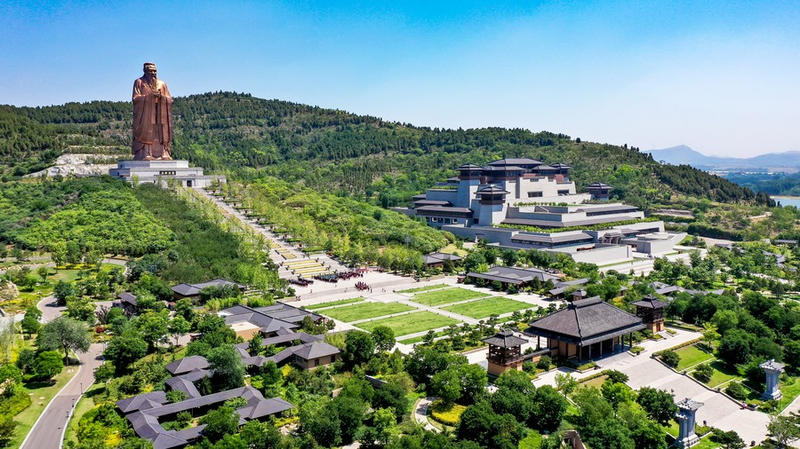The 11th Nishan Forum on World Civilizations unfolded in Qufu, Eastern China's Shandong Province, drawing over 560 guests from more than 70 countries and regions to probe cultural diversity and modernization. A star topic? The impact of artificial intelligence on the future of human civilization.
Speakers from South Africa’s University of Witwatersrand and Xidian University—Professor Edwin Etieyibo and Professor Xiang Shuchen—framed AI as humanity’s latest tool, a natural extension of our journey of innovation. Yet, they cautioned, this tech leap comes with trade‐offs.
“AI amplifies our capacity to learn and create,” says Professor Xiang. “But if students lean too heavily on algorithms, we risk eroding critical thinking—the bedrock of human progress.”
Professor Etieyibo warns of deeper shifts: unchecked AI could blur lines between real and synthetic experiences, dulling moral reasoning and empathy. Recent music hoaxes involving fully AI‐generated bands hint at a future where authenticity itself is at stake.
Both scholars pressed for robust, global ethics frameworks to guide AI’s rollout. Without them, we risk deepening digital divides—particularly in Africa, where inclusion in AI development is vital to prevent new forms of marginalization.
By anchoring AI in ethical guardrails and amplifying diverse voices, we can harness innovation while safeguarding the cultural authenticity that defines us as a species. The conversation at Nishan reminds us: technology must serve humanity, not the other way around.
Reference(s):
cgtn.com




